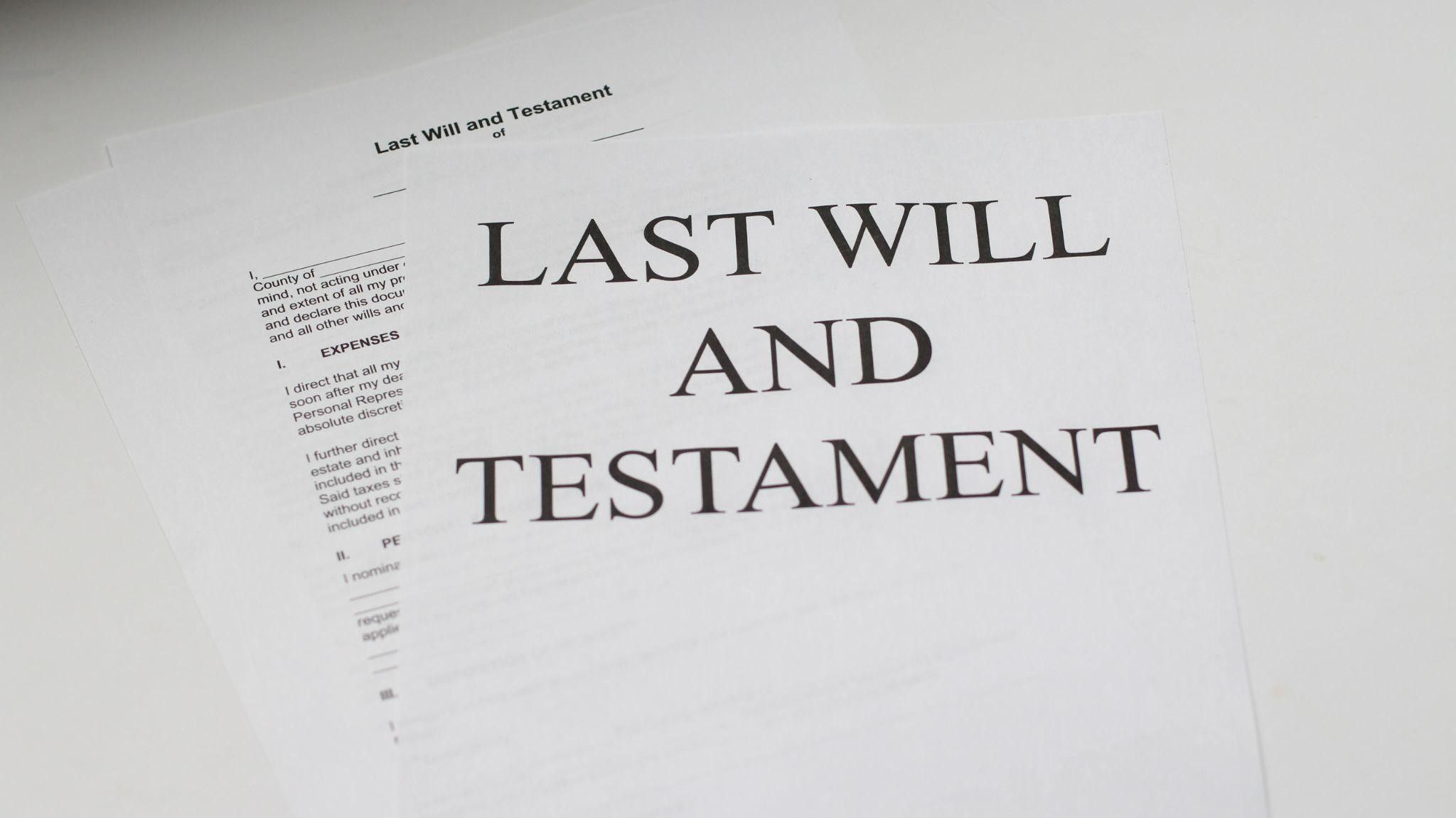If there’s one thing the Covid-19 pandemic has taught a lot of people, it’s the importance of writing a will before your death. According to the deVere Group, enquiries about writing a will increased by 76% during the pandemic, with the main focus on financial planning and property assets.
However, a 2021 IRN Wills & Probate Research Report showed that only 4 out of 10 people in the UK have actually followed up on their enquiry and made a will. The report, titled UK Wills & Probate Market 2020: Consumer Research Report, also revealed that as people get older, they are more likely to make a will.
The overriding reason for not making a will is the belief that they have nothing of value to pass on should they die. But 1 in 6 people own a property in the UK – who’s going to inherit that if you don’t make a will? Not leaving a will means that your possessions, assets and your property are subject to the Rules of Intestacy and those rules may not reflect what you want, cutting out members of your family or friends who may have been your intended beneficiaries.
The decision to draw up your will shouldn’t be driven by a long-term illness or a change in circumstances. In fact, you should consider drawing up a will as a young adult, particularly if you have a job that comes with a pension, have invested in a property or have other financial assets, such as a life policy or shares.
Writing your will
Whilst you don’t need to use a will writing service to draw up your will, i.e. a solicitor or specialist will writer, it is advisable to do so. Most people’s ‘estate’ – your possessions, insurance policies, stocks and shares, business, property and other assets – are more complex than they may have realised.
A will writing service will ensure that you have considered every aspect of your estate, being on hand to offer straightforward advice. For example, if you are a joint owner of a property with someone that isn’t a member of your family, there are step-children from a subsequent marriage, you own a business or property abroad, or your permanent home is overseas.
In addition, they are able to check your will and make sure there are no errors in the will, which could lead to family disputes and may even result in legal action. Common errors when drawing up a will include:
- Not knowing the legal requirements to ensure the will is valid.
- Missing out on some of your assets, such as money in a savings account.
- Not taking into account the potential a beneficiary may die before you.
- Not ensuring any changes to the will are signed and witnessed so they are legally valid.
- Not being aware of the impact a marriage, divorce or dissolution will have on your will.
- Not being aware of the rules whereby a dependent is allowed to claim from your estate if they believe they have not been sufficiently provided for, could result in your will being overturned.
What to include in your will
There are certain elements that must be included in your will that a will writing service will be able to ensure you have considered. These include:
- All your assets have been noted in your will, including all money in accounts, pensions and insurance policies, shares and stocks.
- All beneficiaries and what you are bequeathing to each one.
- If you have children under 18 years of age, name who will look after them on your behalf.
- Name your executor – this is the person or persons who will administer your estate, i.e. apply for probate, manage all the final steps, deal with your property and ultimately carry out your wishes.
Your will must be signed by the testator, which is you, and witnessed by at least two people. However, you must sign your will in front of your witnesses so they can attest that you have signed it, and subsequently add their signatures to your will.
To ensure your will is valid and not potentially contested by others should upon your death, the will must be:
- Drawn up by someone who is 18 years of age or over.
- Be done voluntarily and not under pressure from anyone else.
- Made when you are of sound mind, i.e. you are completely aware of the type of document you are you (the testator) in front of at least two witnesses.
- Signed by the witnesses in front of you after you have signed your will.
- Dated on the day your will is signed by you and your witnesses.
Once these steps have been done, make sure you put your will in a safe place, for example, at your bank, with your solicitor or accountant, or at home. You can also deposit it with the Principal Registry of the Family Division of the High Court, a District Registry or a Probate Sub-Registry. There is a charge to do this but it may speed up the probate process as they will be able to access your will. There are also dedicated organisations that will hold your will, such as Certainty, but there is a charge to retrieve the will upon your death.
Always make sure your executor(s) or a family member, such as your spouse or civil partner, knows where your will is stored. Having to search for your will upon your death will only delay the probate process and make administering your estate harder.
At Norfolk Will Writing, we have been helping our clients write their wills and assisting executors of estates manage the probate process for over 20 years. We offer a personalised service, keeping the process as simple and easy as possible. Our experienced consultants are on hand to guide you at every step. Contact us for your free consultation and to book an appointment with one of our consultants to discuss writing your will today or carrying out your executor duties.




